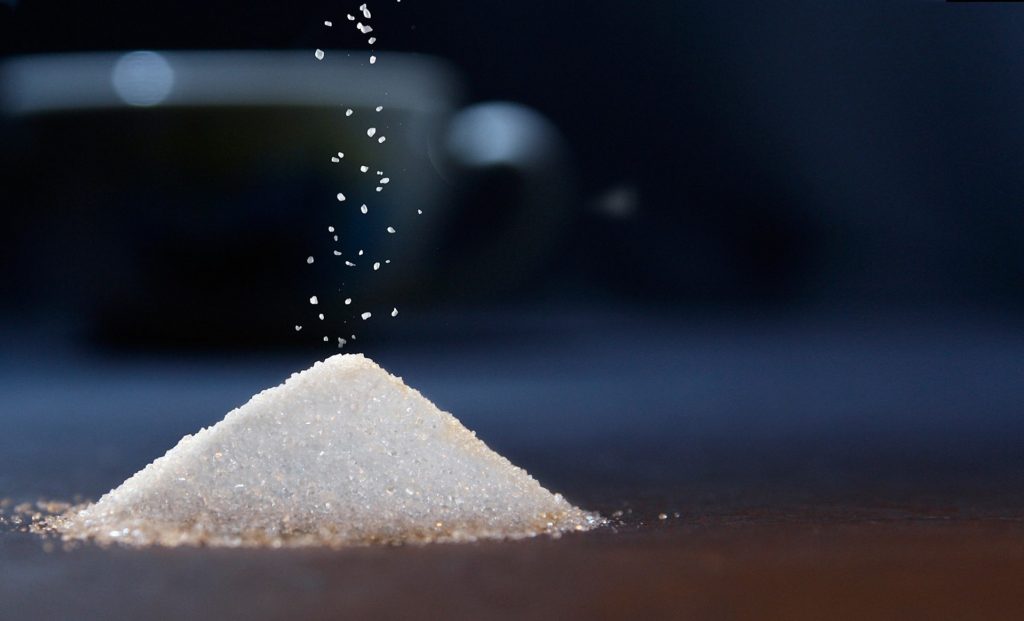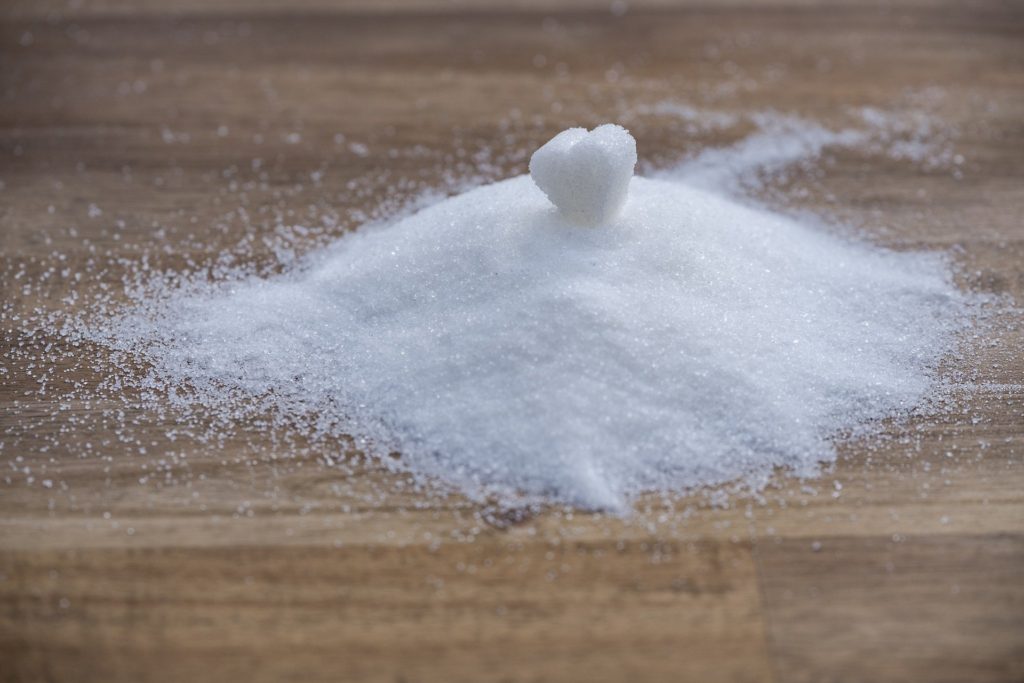Some artificial sweeteners are metabolized, but not all of them.
Artificial sweeteners are frequently used as replacements for natural sweeteners because of their ability to impart a sweet taste without the added calories or implications for blood glucose levels.
This is due in large part to the fact that most artificial sweeteners are non-caloric and don’t get digested by the body.
However, artificial sweeteners are much less understood from a metabolic perspective than natural sugars like sucrose and fructose.
Due to this lack of insight, many may ask if artificial sweeteners have negative implications on health, whether they are metabolized in the body and what effect they have on your body.
That’s why in this article I’ll discuss which artificial sweeteners get metabolized, which sweeteners you should avoid, & which sweeteners you should choose instead.
Are Artificial Sweeteners Metabolized?
No, most artificial sweeteners aren’t metabolized. This is because most artificial sweeteners don’t have any calories, so the body just excretes them. But, some artificial sweeteners, like maltitol & xylitol, do have calories so they do get metabolized & impact your blood sugar.
To help you better understand the topic, I made a table:
| Sweetener | Sweetness | Calories | Absorption | Fermentation | Liver | Kidney | GI | FODMAP |
| Erythritol | 70% | 0.2 | 90% | 10% | 0% | 90% | 1 | Good |
| Mannitol | 50% | 1.5 | 25% | 75% | 0% | 25% | 2 | Bad |
| Sorbitol | 55% | 2.5 | 25% | 75% | 25% | <2% | 7 | Bad |
| Xylitol | 95% | 2.5 | 50% | 50% | 50% | <2% | 9 | Bad |
| Maltitol | 90% | 2.7 | 60% | 60% | 40% | <2% | 35 | Bad |
But, this table only compares sugar alcohols, which are only the artificial sweeteners that end in “ol.”
Sugar alcohols are popular because they have a similar sweetness to sugar, unlike other sweeteners which are hundreds of times sweeter than sugar.
And as you can see, the number of calories & absorption changes for each sweetener.
For example, erythritol has around 0.2 calories per gram, which is very low, whilst maltitol, xylitol, & sorbitol have 2.5 – 2.7 calories per gram, which is pretty high.
We also see that on the “kidney” stat, which is the stat that shows how much percent of the sweetener gets excreted by your kidneys, we see that the higher calorie sweeteners, like maltitol, get excreted far less than the lower calorie sweeteners, like erythritol.
This basically means that if a sweetener is high in calories, then more of it would be metabolized, which would cause your insulin & blood sugar to spike so you’d start to gain weight.

Which Artificial Sweeteners Are Metabolized?
All artificial sweeteners are metabolized to some extent. But, the most metabolized sweeteners are maltitol, xylitol, & sorbitol. Not only are these sweeteners relatively high in calories, but also around 98% of their calories get metabolized, which would increase your insulin.
So, try to avoid artificial sweeteners that are insulinogenic, which are usually the ones that are high in calories.
These sweeteners are:
- Maltitol
- Xylitol
- Sorbitol
- Agave Syrup
- Honey
- Coconut Sugar
Which Artificial Sweeteners Aren’t Metabolized?
Artificial sweeteners like Stevia, monk fruit, inulin, glycerol, aspartame, sucralose, saccharin, & acesulphame K don’t get metabolized. Instead, these sweeteners get excreted by your kidneys through your urine. However, all artificial sweeteners get metabolized to some extent, but some get metabolized less than others.
But, that doesn’t mean that all artificial sweeteners that don’t get metabolized are healthy.
For example, sugar alcohols, excluding erythritol, like maltitol, xylitol, & sorbitol have been shown to cause digestive issues.
This is because most sugar alcohols feed the bad bacteria in your gut, which then causes digestive issues like bloating or diarrhea.
But, the other more popular sweeteners aren’t much better either.
The most common artificial sweeteners, like aspartame, sucralose, saccharin, & acesulphame K, cause toxic effects in your body that can lead to health problems further down the line like stroke & dementia.
So, the only zero–calorie sweeteners that are both non–toxic & not pathogenic are the natural zero–calorie sweeteners.
*Note: These are Amazon affiliate links so I may make a small commission when you buy from these :)*
These natural, zero-calorie sweeteners are:
This is because these sweeteners don’t cause an insulinogenic effect, but they also don’t feed your gut’s bad bacteria or cause toxic effects on your body.

Conclusion
In conclusion, most artificial sweeteners don’t get metabolized & instead get excreted through your urine.
But, most artificial sweeteners are still bad for you since they’re either pathogenic, meaning they can cause digestive issues, or they’re toxic, which can cause other health issues like stroke & dementia further down the line.
But, some natural zero–calorie sweeteners, like Stevia, monk fruit, & chicory root, can help you to satisfy your sweet tooth without causing the bad side effects usually associated with most artificial sweeteners.
If you want to learn more about which artificial sweeteners you should choose on a sugar–free diet, you can read my article here where I go more in-depth.
- Can You Still Lose Weight If You Aren’t in Ketosis? - February 8, 2023
- Can the Keto Diet Help With Depression? - February 8, 2023
- Why Does Processed Food Make You Fat? - January 2, 2023




